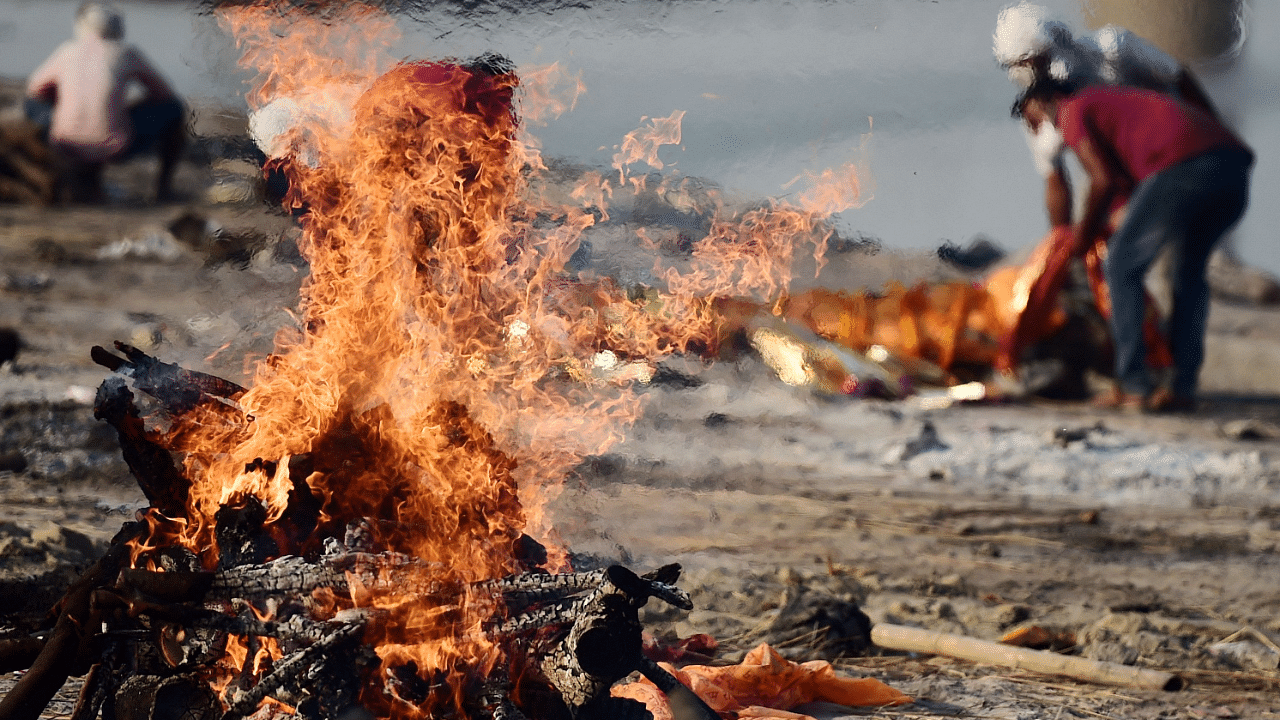
The number of home isolation deaths in Bengaluru Urban more than doubled in 11 days, according to data, revealing a disturbing facet of the second wave that is slowly receding after devastating the tech hub and the state.
On May 21, the Bruhat Bengaluru Mahanagara Palike (BBMP) said it had found 778 cases of home-isolated patients dying in May.
By June 2, this number had reached 1,599, as per data from the Department of Health and Family Welfare, with fatalities including people who died at home and those brought dead to hospitals.
While official data stated that there have been no home isolation deaths since June 2, sources in the BBMP said that the ongoing reconciliation of backlog deaths meant that more cases could be added to the tally soon.
On Sunday, for example, 37 additional cases were made public, including two home isolation deaths which had happened on June 2.
Sources allege that the home isolation deaths were a reflection of the poor state of surveillance and checking up on people in quarantine.
Of the city’s 1,17,340 active cases on Sunday, about 1.09 lakh cases were said to be of people in home isolation.
BBMP sources said that many of the cases continue to be listed as active for more than 14 days because of insufficient follow-up, a claim rejected by Dr Vijendra Bilaguli, Chief Health Officer, BBMP, who is in-charge of home isolation.
“As per our information, people in home isolation are generally listed as ‘discharged’ 10 to 14 days after being diagnosed with the disease,” said Bilaguli.
“This is done through calls from the Interactive Voice Response System (IVRS) and through the volunteer firm, StepOne, which calls home isolation cases to ask about their health condition. Patients are deemed as ‘discharged’ if they do not have symptoms for three prior days.”
More alarmingly, there is anecdotal evidence to suggest that discharged hospitalised patients had consequently died at home while undergoing mandatory home quarantine.
Dr Bilaguli said that no Covid-19 patient had died of related medical problems after being discharged from a hospital as per his knowledge.
However, this could be due to the fact that municipal authorities lack the expertise to diagnose medical conditions, said Gaurav Gupta, Chief Commissioner, BBMP.
“Post-Covid complications have been observed in patients, such as cardiac manifestations and mucormycosis. About 2-3% of cases require further medical monitoring. But the BBMP lacks the experience to diagnose such complications in patients,” he said.